Fort McMurray #468 First Nation hopes to start construction of a plant in May on its land near Gregoire Lake, about 50 km southeast of Fort McMurray, says a spokesman for a Vancouver company consulting on the scheme. The operation is designed to produce 2,600 kilograms of pot annually — possibly for medical or recreational users — after the structure is finished around the spring of 2019, says Mathieu McDonald of RavenQuest BioMed Inc.
A northern Alberta First Nation is poised to be one of Canada’s first Indigenous communities to establish a legal marijuana production facility.
Fort McMurray #468 First Nation hopes to start construction of a plant in May on its land near Gregoire Lake, about 50 km southeast of Fort McMurray, says a spokesman for a Vancouver company consulting on the scheme.
The operation is designed to produce 2,600 kilograms of pot annually — possibly for medical or recreational users — after the structure is finished around the spring of 2019, says Mathieu McDonald of RavenQuest BioMed Inc.
RavenQuest reached an agreement in November to build the project, which McDonald expects will cost about $12 million.
“Cannabis is looking to be quite a profitable business, at least for the first few years and likely many years after. Even at a conservative $5 a gram, that’s ($13 million) a year in cash flow and revenue.”
The facility will likely create 25 to 40 jobs and give First Nation #468 a chance to be part of a major industry, McDonald said.
Also, many Indigenous communities are starting to examine cannabis as a possible part of a harm-reduction strategy to deal with the country’s opioid crisis, he said.
“You can’t die from it the way you can from opioids … There’s never going to be a bad dose that goes out and kills everybody.”
The First Nation’s website says it has about 700 members.

Its 24,000-square-foot building will follow a standard design RavenQuest hopes to erect in other locations using the company’s space-saving “orbital gardens” in which marijuana plants grow around a light in a rotating chamber.
The company bought Edmonton’s Alberta Green Biotech last fall and is building a 35,500-square-foot cannabis operation containing this technology, which is slated to be finished this summer in Edmonton’s northwest industrial area.
RavenQuest is working on projects with Aboriginal groups across Canada, sponsoring creation of the Indigenous Peoples Cannabis Association in November that McDonald says has more than 100 members.
The company was chosen last month to be a primary adviser on the cannabis, medical marijuana and hemp industries for Saskatchewan First Nations.
It hopes to lead groups through a “navigator” service Health Canada started in November for Indigenous applicants seeking a licence to grow medical pot, which includes offering assistance and answering questions about the process.
There are four licensed producers and 14 applications that have identified Indigenous affiliations, Health Canada said in an email.
The only other First Nations production facility McDonald has heard about is under construction in Eastern Canada, although, with recreational marijuana expected to become legal this year, several groups in the country are working to set up retail operations.
It’s a field that will likely continue to grow, McDonald said.
“The federal government is quite aware that they want to give Indigenous communities the opportunity to be on the ground floor of what they see as a very burgeoning economic opportunity.”
Editor’s note: This story has been updated to correct a revenue estimate.
Share this:
- Click to print (Opens in new window) Print
- Click to share on Facebook (Opens in new window) Facebook
- Click to share on Reddit (Opens in new window) Reddit
- Click to share on X (Opens in new window) X
- Click to share on Tumblr (Opens in new window) Tumblr
- Click to share on Pinterest (Opens in new window) Pinterest
- Click to share on WhatsApp (Opens in new window) WhatsApp
- Click to email a link to a friend (Opens in new window) Email


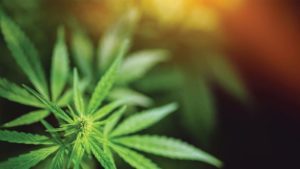

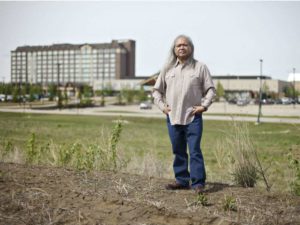

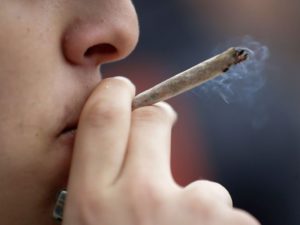
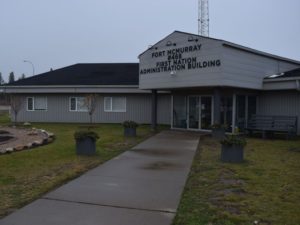





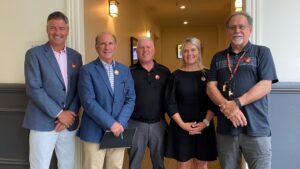

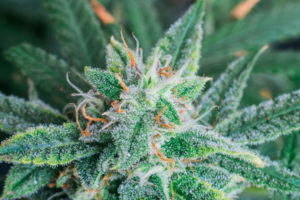
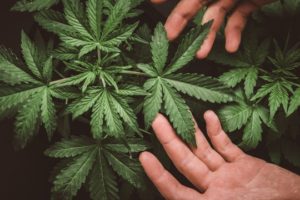
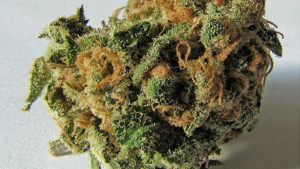
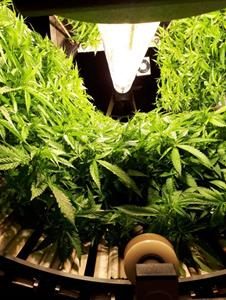

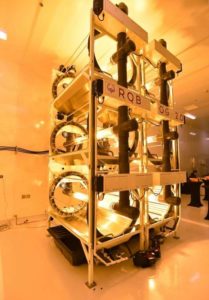
Comments are closed.